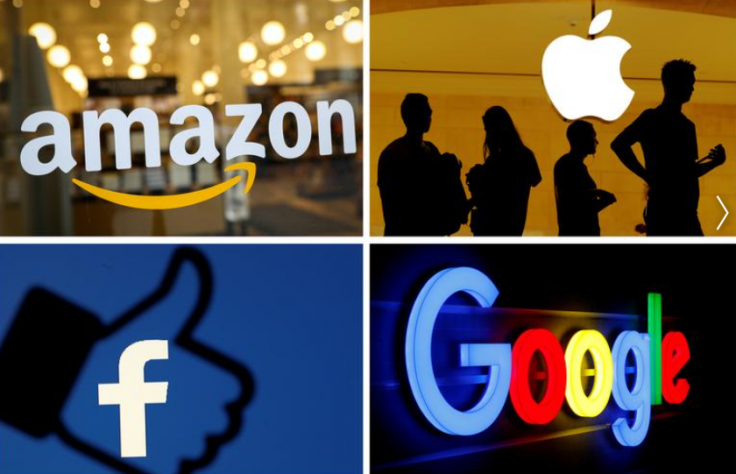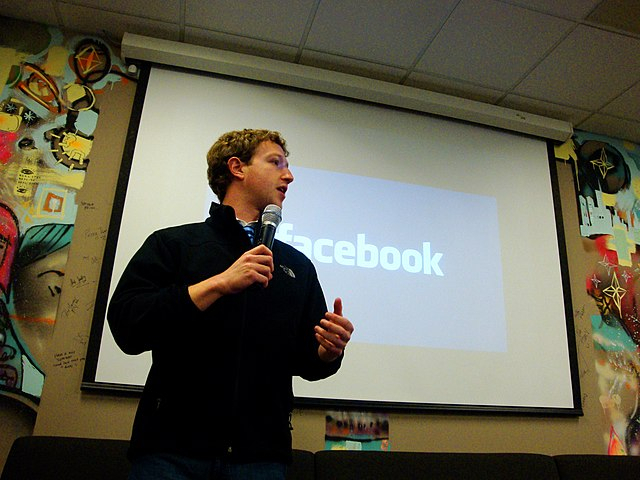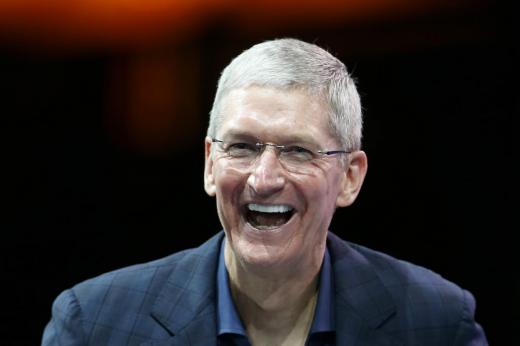Apple has stipulated that iOS developers have to give Apple a 30 percent cut on the sales they receive using the 'boosts' option for posts on social media apps. This will directly hit Facebook and Instagram as these apps allow people make payments to boost the reach of their posts.
The latest move by Apple worsens its long battle of attrition with Meta, which owns Facebook and Instagram. Earlier as well, Apple had tweaked advertising policies that directly hit Meta's revenues.

According to the updated App Store Guidelines, apps like Facebook and Instagram must use in-app purchases when offering "boosts" for posts and other ad content. Since an in-app purchase was not required earlier, Apple was not getting a cut of the money that businesses and advertisers pay to Facebook and Instagram. This will change now, forcing Meta to come out criticizing Apple in strong words.
Developer Advertising Revenue
"Apple continues to evolve its policies to grow their own business while undercutting others in the digital economy ...We remain committed to offering small businesses simple ways to run ads and grow their businesses on our apps," a Meta spokesperson said after the latest move by Apple, according to The Verge.
The iPhone maker was not taking any share of the developer advertising revenue but the Cupertino-based tech giant has apparently changed its stance.
The pay to boost model is popular across Facebook, Instagram, Twitter and TikTok. According to an Apple spokesperson, the App Store has been taking a cut of digital goods and services.

App Tracking Transparency
"Boosting, which allows an individual or organisation to pay to increase the reach of a post or profile, is a digital service -- so of course In-App Purchase is required. This has always been the case and there are many examples of apps that do it successfully," the Apple spokesperson said, according to IANS.
Earlier this year, Apple rolled out the iOS 14 privacy features called App Tracking Transparency. Industry analysts had calculated that this move itself would cost the social networking giant more than $10 billion.
"That's because Apple's ATT iPhone privacy features cut back on tracking by revoking access to the identifier for advertisers (IDFA)—a unique code that shows when people are seeing an ad on Facebook, Googling it and buying something via its website, for example," Forbes explained in a report.

The move gave Apple a big break in the advertising business as it successfully challenged the Google-Facebook monopoly in the online search market.
Meta CEO Mark Zuckerberg has said the change in Apple iOS privacy settings will cost his company more than $10 billion in 2022.









